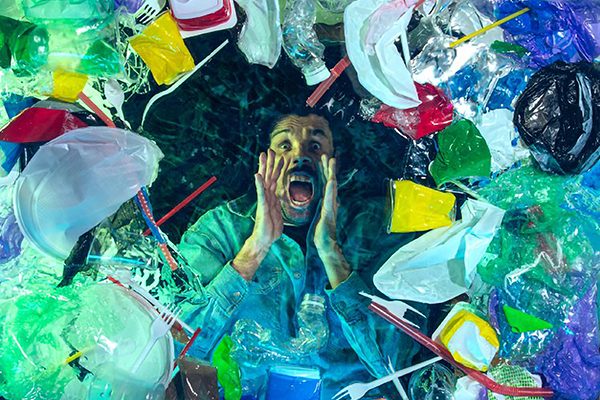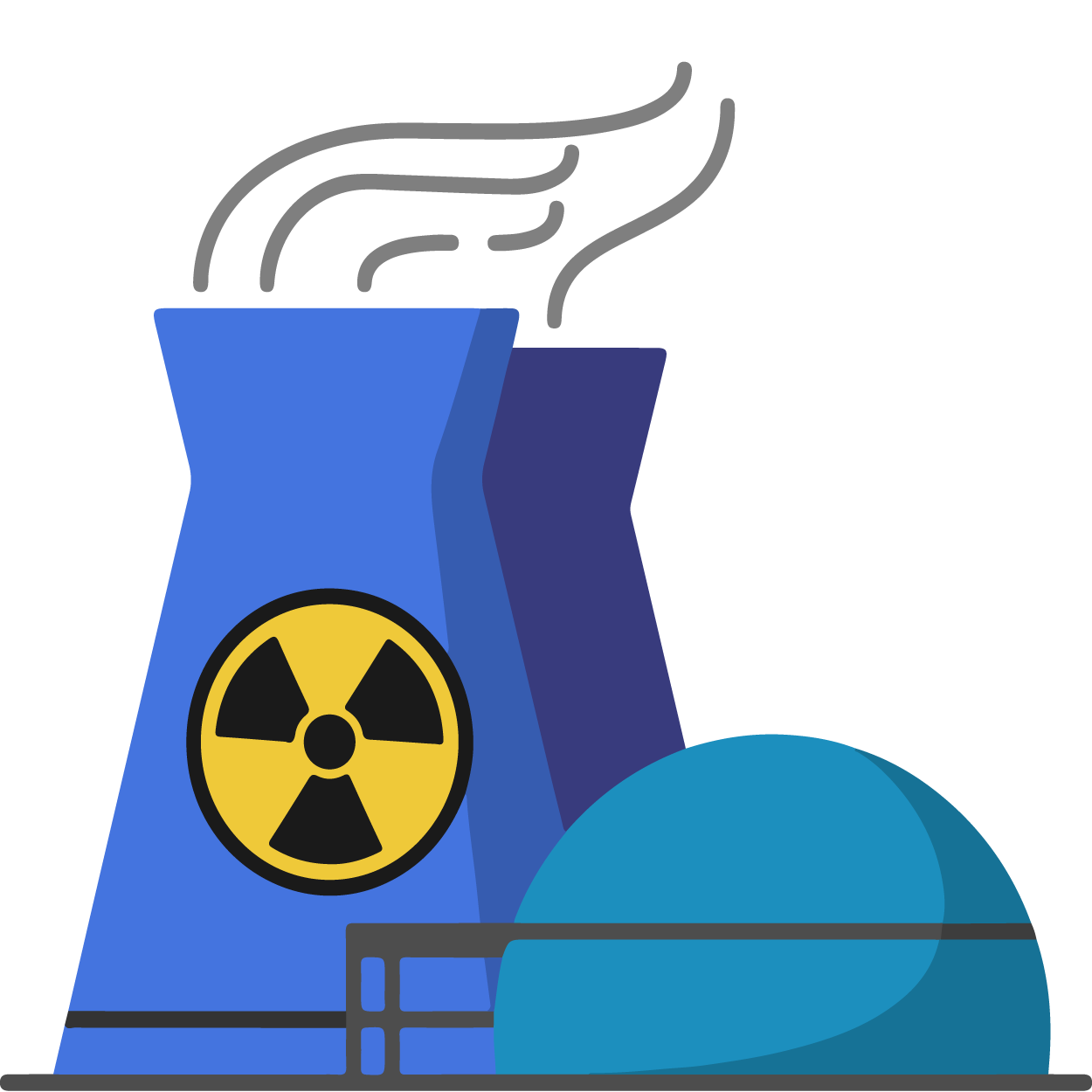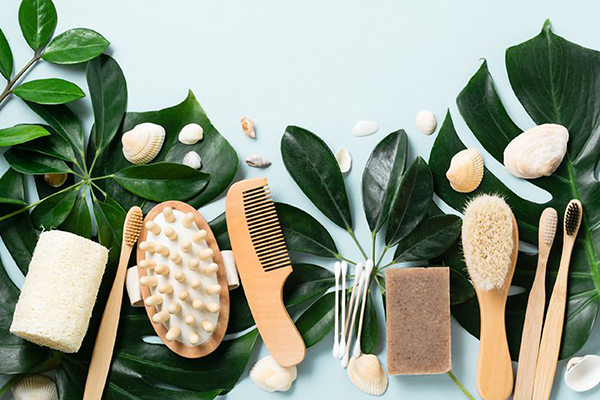Plastics are made from non-renewable resources - The majority of plastic bags are made of polyethylene, a substance that is derived from crude oil refining and natural gas processing. Oil and natural gas are non-renewable fossil fuel-based resources and the extraction and production process emits greenhouse gases, which then contributes to global climate change.
High carbon footprint - Yes, plastic is lightweight and can be super thin. But what we have failed to realize is that it has a high carbon footprint. Meaning it has a high amount of carbon dioxide and other carbon compounds that are emitted because of the consumption of fossil fuels during production.
Plastic bags are non-biodegradable - Plastic bags are composed of very resistant synthetic polymers that may take up to two thousand years before it decomposes. When we are long gone from this world, the plastic bag will still be here.
Only a small percentage is being recycled - About 91% of the plastics we have consumed ends up in landfills and in the ocean which harms both humans and aquatic life.
Plastic contains toxic materials - Additives in plastic leach into soil and water bodies finding their way into our food chain. The production process as well includes burning of crude oil resulting in green houses gases being released into our environment.
Plastics can cause hormonal imbalance and cancerous diseases - Since were are very exposed to toxins, there is a high possibility that it can disrupt our hormonal balance and lead to cancerous diseases.
Impact on marine and land animals - Plastic poses a serious risk to aquatic life. Sea animals mistake it for food and are not able to digest it. As a result, they end up dying due to starvation as they cannot eat anything else. Plastic also causes marine life injury as they get trapped in it. Moreover, as plastic slowly breaks down into microplastics, these tiny pieces of plastic get ingested unknowingly by both aquatic and land animals.




